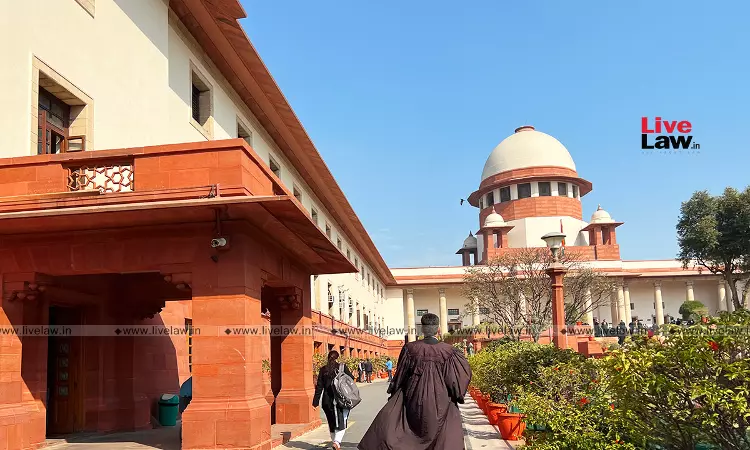The Supreme Court recently upheld the decision of the Telangana High Court, upholding the title of successors of Ryot Cultivators over the “Paigah lands” in Hydernagar, Telangana.The bench comprising Justices V. Ramasubramanian and Pankaj Mithal dismissed the claim of title raised by rival claimants/appellants, including M/s Trinity Infraventures Ltd, on the ground that the land was...

